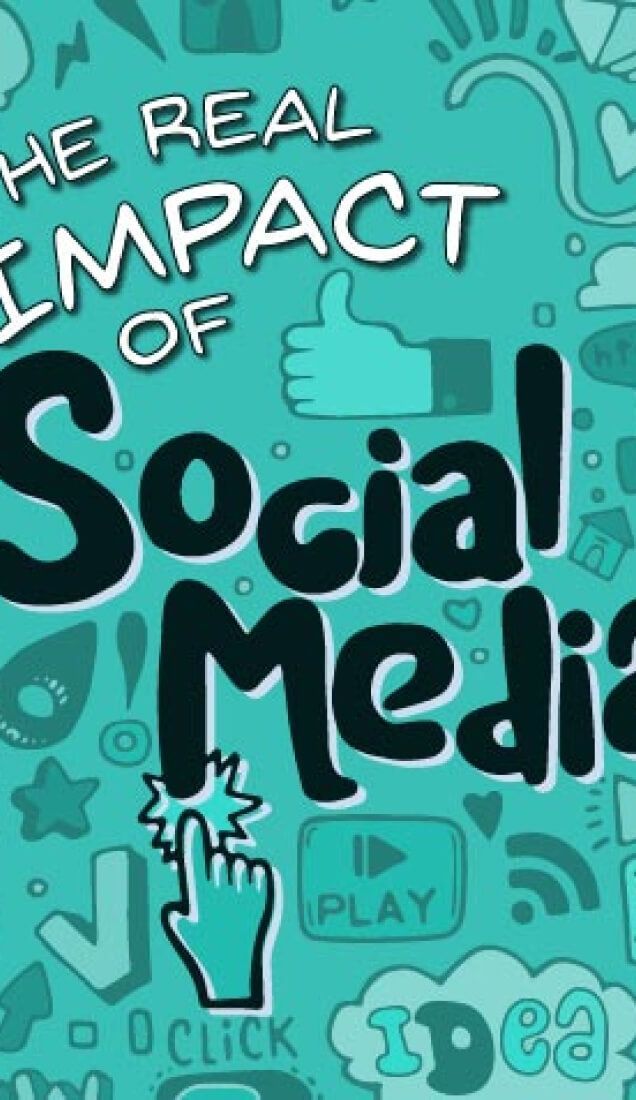What are the Economic Factors Affecting Consumer Behaviour?
ONQOR Admin
September 28, 2022
Economic factors are fundamental in shaping consumer behavior and influencing buying decisions. Let’s explore the key economic factors that determine consumer behavior:
Personal Finance Factors
1. Personal Income
Personal income directly impacts consumer spending habits. Key aspects include:
- Disposable Income: After deducting taxes, disposable income refers to the money available for spending and saving. Higher disposable income typically leads to increased spending on goods and services, including luxury items.
- Income Expectations: Anticipated changes in income, such as raises or bonuses, influence consumer confidence and spending patterns. Expectations of stable or increasing income encourage discretionary spending.
2. Consumer Credit
Consumer credit availability affects purchasing power and spending behavior:
- Credit Accessibility: Easy access to credit can spur spending on big-ticket items like cars and electronics, as consumers can defer immediate payment.
- Credit Culture: Societal attitudes towards debt and borrowing impact consumer behavior. In cultures where borrowing is normalized, consumers are more likely to use credit for purchases.
3. Liquid Assets
Liquid assets are investments or assets easily converted into cash without significant loss:
- Impact on Spending: High liquidity assets like stocks and bonds can increase disposable income if liquidated. Consumer spending may fluctuate based on changes in asset values.
Macroeconomic Trends
4. Inflation
Inflation measures the rate at which prices for goods and services rise:
- Consumer Behavior: During periods of high inflation, consumers may adopt different spending behaviors. Essential goods and services become relatively more expensive, influencing purchase decisions.
- Impact on Spending: Rapid price increases can lead to higher overall consumer spending, especially on essential items. Conversely, discretionary spending may decrease as consumers prioritize necessities.
5. Interest Rates
Interest rates set by central banks affect borrowing costs and savings returns:
- Borrowing Costs: Higher interest rates increase the cost of borrowing, making loans and credit cards more expensive. This can deter consumer spending on non-essential items.
- Savings and Investments: Higher interest rates incentivize saving and investment as returns on savings accounts and bonds increase. Consumers may prioritize savings over discretionary spending.
Conclusion
Economic factors exert significant influence on consumer behavior by shaping purchasing power, spending priorities, and financial decisions. Understanding these factors helps businesses tailor marketing strategies and product offerings to align with consumer preferences and economic conditions.
For insights into how social factors intersect with economic influences in consumer behavior, you can explore our blog on social factors affecting consumer behavior. These insights collectively enable businesses to navigate and respond effectively to dynamic market conditions and consumer preferences.








